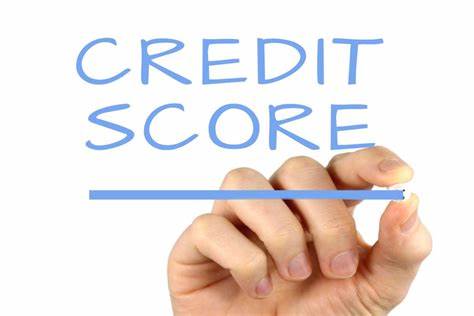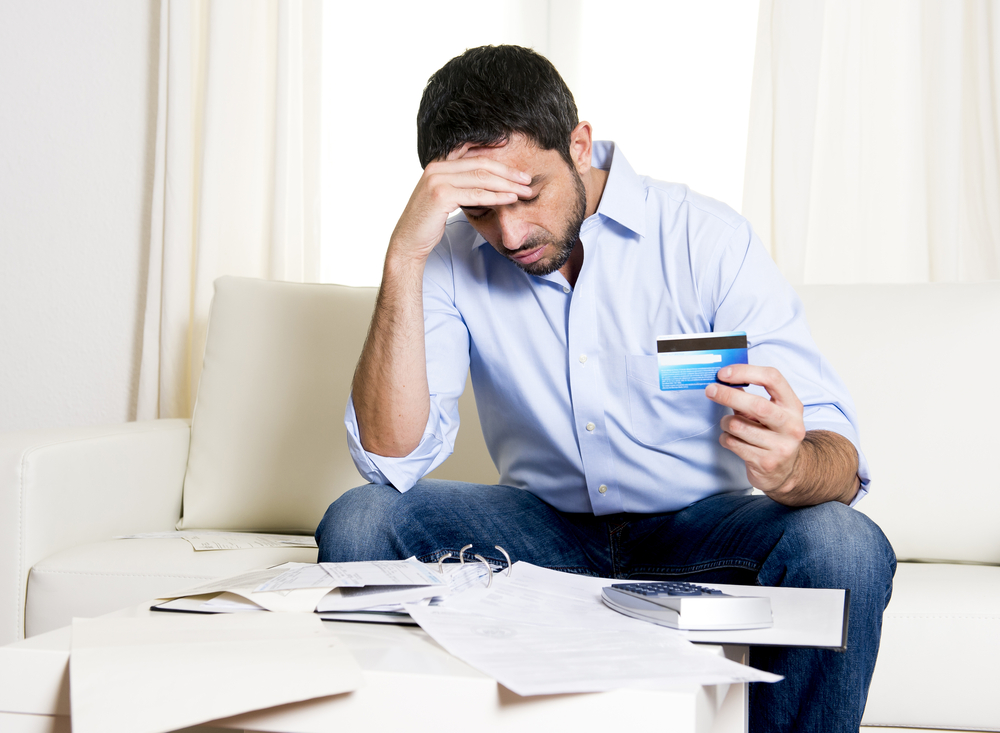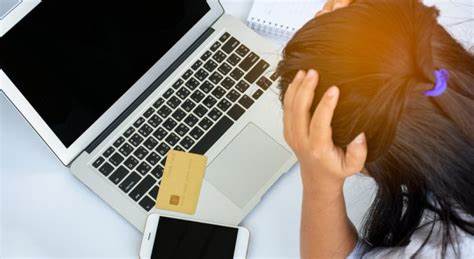When you check your credit card balance, you usually see two different numbers—the current balance and the balance of the statement. What's the difference? How much do you actually need to pay in order to avoid interest? 53% of Americans don't "fully understand" their credit card terms - don't be one of them!

Last year, Americans’ total debt reached a new high of $13 trillion, and about 80% of Americans were in debt. Of the 80% of Americans with debt, many are struggling to pay off their debts, but at the same time, carrying debt may have a significant impact on their credit scores. A good credit score can save you a lot of money, so any improvements you make while you pay your debts can have a huge impact. When you plan a debt repayment plan, you should consider what debt to repay first to improve your credit score.
Not all debt is equal, in terms of how it affects your credit score. First, you need to know how your credit card score is calculated. One of the most popular credit scores, your FICO score, consists of five categories with different weights. These categories include payment history (35% of the score), amount owed (30%), credit history length (15%), new credit history (10%), and credit portfolio (10%). not sure what it is? we support you.
- Payment history: Are you paying on time?
- Amount owed: Have you used most of the available credit? What is your total debt?
- Credit record length: How long do you use your credit card (the longer the better!) Is it?
- New letter of credit: Have you opened a new letter of credit in a short time?
- Credit Portfolio: Do you have different types of debt combinations (preferably multiple combinations)?
Pay off your debt first to improve your credit score
When you decide to repay any debt to improve your credit score, your goal is the arrears in the payment history and credit score. In total, these account for 65% of your credits. To understand your payment history, be sure to pay on time, whether it's your credit card, mortgage, or student loan. The amount owed in your credit score has the biggest impact on which debt you should start with.
First priority: credit card debt
If you have a large amount of credit card debt and you have a high credit line, your credit score will be affected. Credit card rates are usually higher, so you may spend more money on that debt than anywhere else. Credit card debt is not a “good debt” that the credit bureau considers, unlike mortgages or student loans, so we recommend starting with your credit card debt. Develop a plan to pay off your debt as quickly as possible, and adjust your budget to avoid credit card debt after you have paid off all your debts.
Do multiple credit cards have debt? Put all your debts (and related interest rates) in a list and then pay off your minimum balance. Once you have eliminated one, move on to the next biggest until you reach your goal. Want to know more details? Take a look at our founder's idea of repaying Forbes debt.
Once you have made a plan for your credit card, it's time to look at your remaining debt. The credit scoring model does not focus on other debts as much as credit card debt. So, when you pay off other debts, you won't see a big improvement in your credit score. Even if your credit score doesn't skyrocket, it's good to pay off other debts. The sooner your debt is paid off, the less interest you pay. You can use the same "snowball" strategy as a credit card: first pay off your minimum debt and start from there.
Final thought
Focus on credit card debt and pay off what debts first to improve your credit score. After you have assessed all your debts and followed these strategies, be prepared to observe an increase in your credit score. You will also see your bank account balance increase as you no longer pay interest. Is there a story about your debt-free life? Tell us in the comments!



